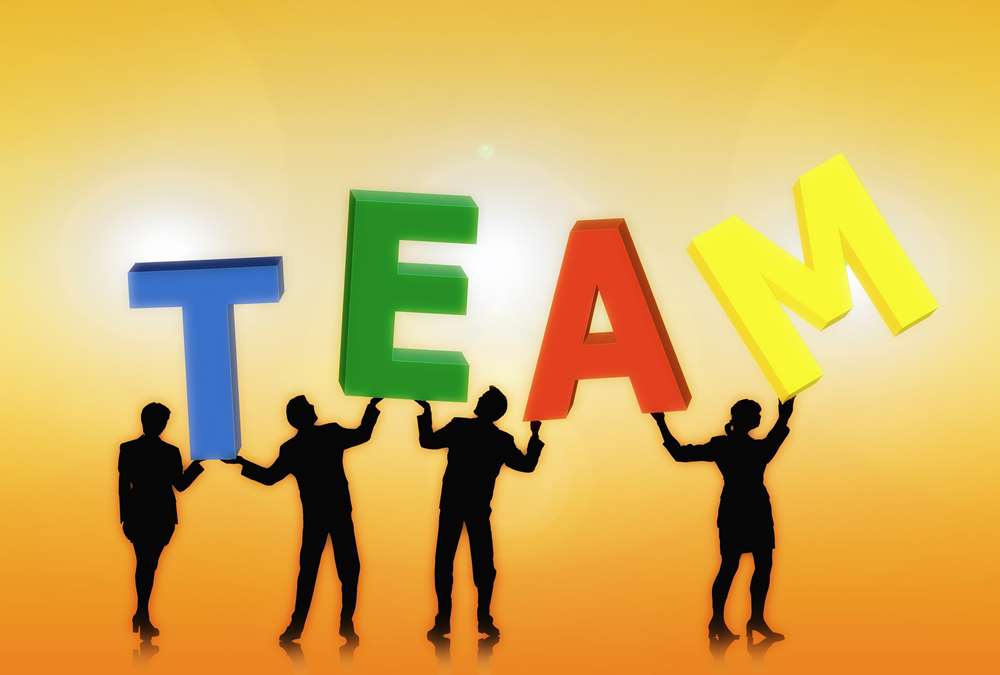
Leadership Skills – Team Management
Effectiveness often requires the right mix of people, skills, resources and a team that is focused on building good working relationships. How to be effective players and team leaders, solve problems and work towards common goals?
Most of the organizations we work for today are matrix organizations where the relevance of team-based approaches has gained even more importance. The biggest challenge leaders face when working with such structures is how, as team leaders, provide employee leadership and begin to share their responsibilities with team members in order to maximize creativity and productivity. Team leadership focuses on building the skills needed to initiate, develop, and sustain effective and vibrant teams.
This section of helps you develop a new set of skills and use these new tools and techniques in your workplace. These will help you in the main activities of organization management, motivation, development and communication with your team. The target audience for the course is anyone who is a member or leader of a team, whether it is a project, temporary, virtual or intact team. These range from choosing the right people and deciding who does what, to communicating, developing and motivating people.

Team leadership theory is a recent theory of leadership that does not distinguish between the leader and other team members. The approaches consider that the contributions of each team member are essential to the success of the organization. This approach focuses on overall team effectiveness and team problems are diagnosed and action is taken to address the weakness. This approach provides for taking corrective measures when the leader deems it necessary.

How often do you have a plan for how you’re going to spend your day, but aren’t able to complete the tasks in your plan due to unimportant tasks, interruptions, or your own procrastination? Wouldn’t it be great to be able to manage your schedule and time while avoiding, or at least controlling, these time thieves? Learn strategies for managing your schedule while managing interruptions and time pressures.

Team development is an ongoing process as team composition may continue to change. New members can join and old members can leave the team. Team members go through several stages for team development and there has been a lot of research to identify these stages. In this article, we discuss common theories of team development.
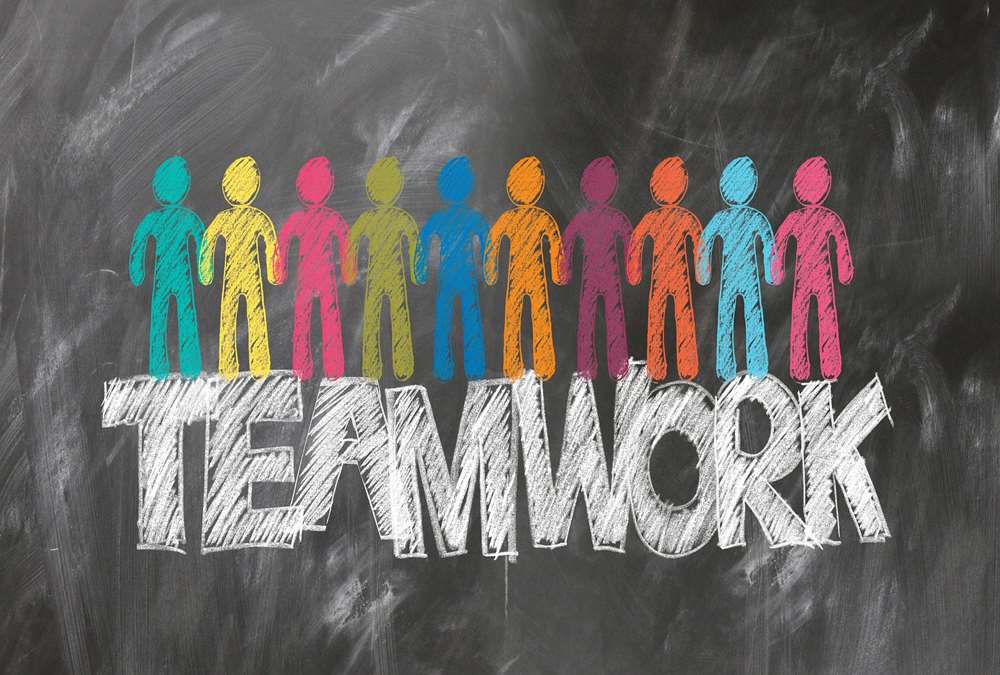
Teams are part of modern organizational culture. Whether you are a team leader or a member of a team, having a better understanding of how teams work and being able to identify where the team is in the process is a critical part of ensuring the ultimate success of the team. Start with the basics and understand what a team is and what role it plays in an organization.
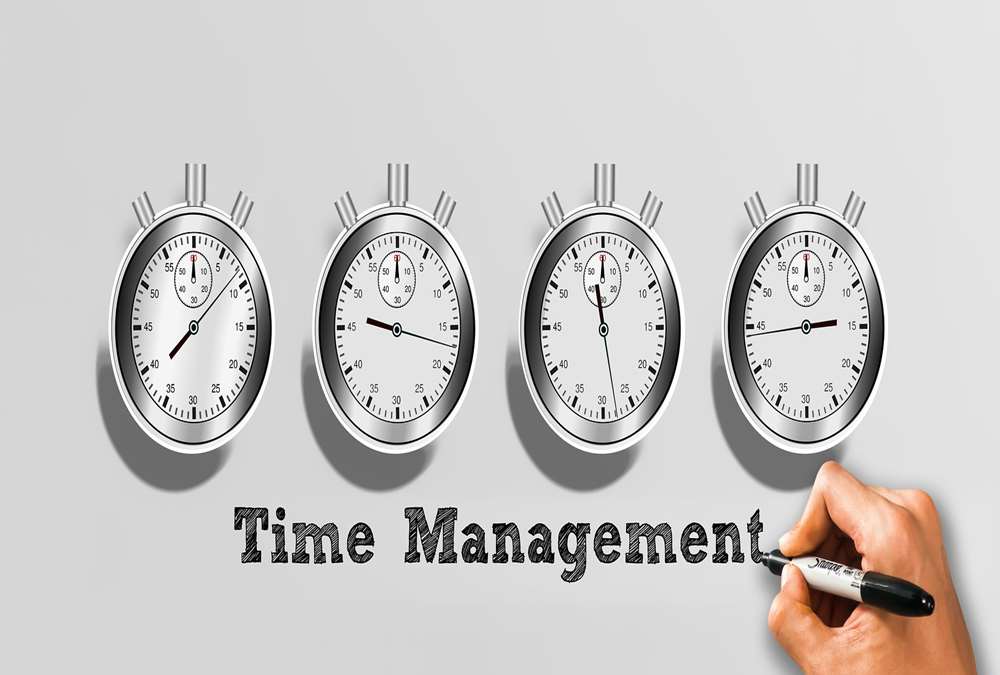
Time management is the process of planning and exercising conscious control over the time spent on specific activities, especially to increase effectiveness, efficiency and productivity. The best time management techniques improve the way you work. Time management refers to the effective management of time so that the right time is allocated to the right activity. Learn more about the five steps to effective time management, viz. study, identify, analyze, decide and implement.
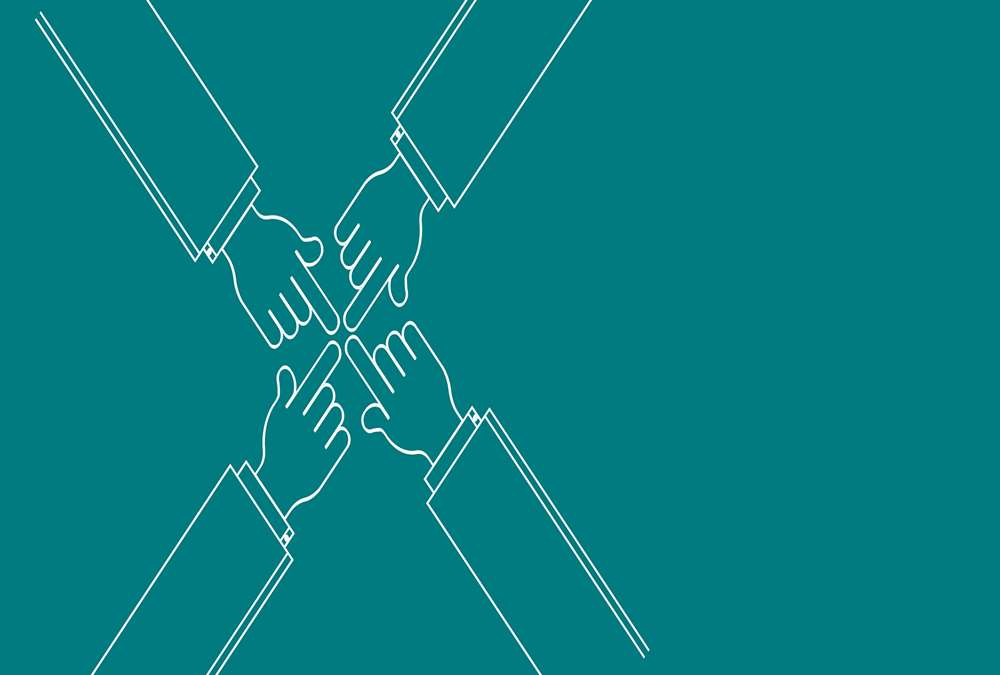
Many types of teams have been identified by social scientists. Managers can encounter various types of challenges while managing different types of teams. The challenges associated with cross-functional teams can be different from those of a geographically dispersed team or a virtual team. This article explores some common categories and subtypes of teams.

The use of formal work teams is commonplace in modern organizations. But why do we have teams? What are the benefits or advantages that teams bring to organizations and employees? Do we really need to adopt formal team structures and use team building approaches in organizations? Read this article to explore and discover the benefits of having formal teams in organizations.

How to create effective teams? What comes to mind when you think of an effective team? High-performing teams demonstrate accountability, purpose, cohesion, and collaboration. It is a team that works transparently as a whole. Each brings unique talents and strengths and supports each other to bring out the best in each. How to create one?
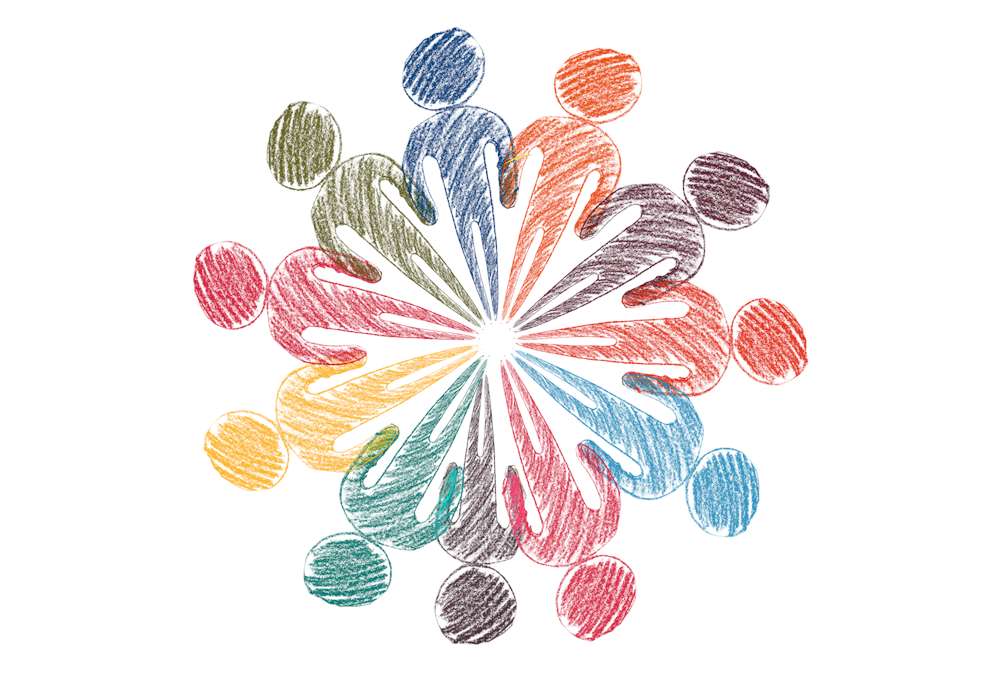
All teams are dynamic by nature and they take time to form, they form, develop and grow in stages, over a period of time. Teams go through five progressive stages: Forming, Storming, Norming, Performing and Adjourning. In this article, we want to walk you through these stages of team development and some strategies you can use to help the team grow and develop through each of these stages.
